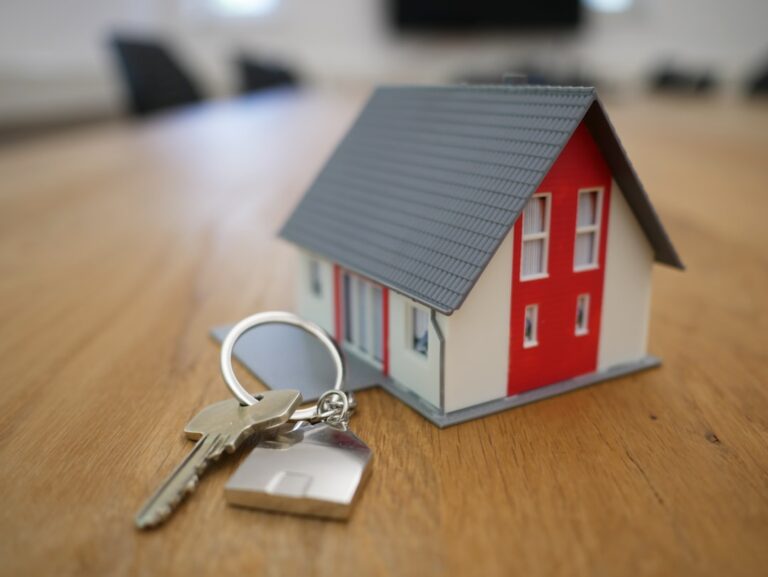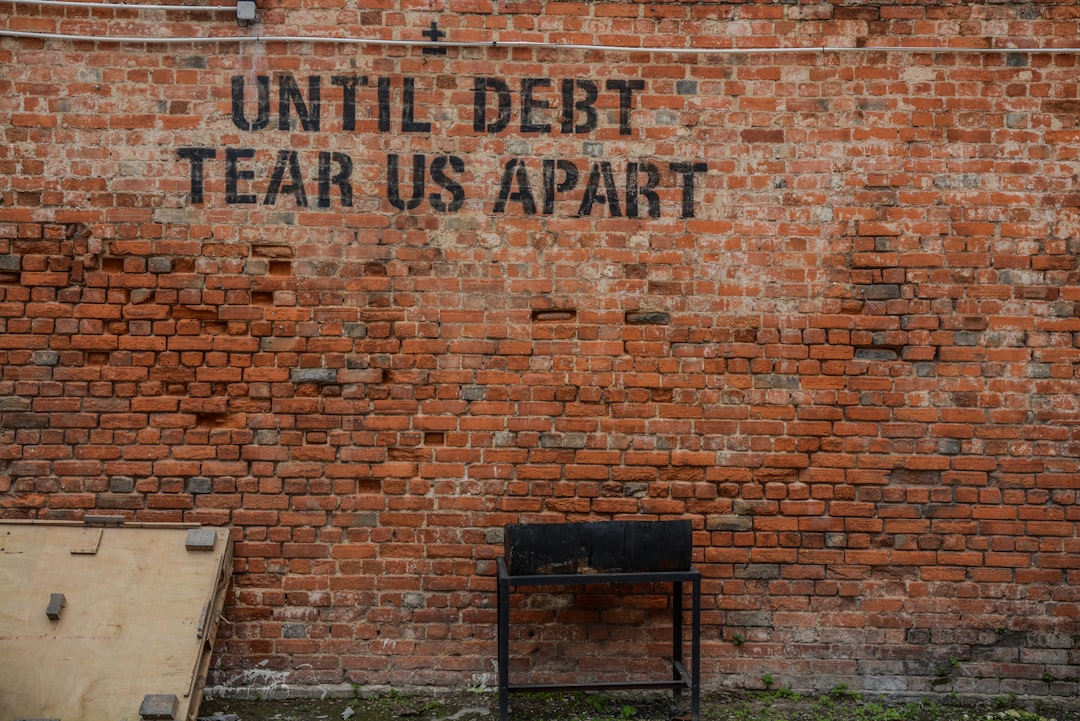Joint Debt Consolidation Loans offer homeowners with bad credit a way to simplify and reduce debt by combining multiple high-interest loans into one lower-interest loan. These loans carry higher rates and may require collateral or a co-signer, but can save on interest charges and free up funds. Thorough research is crucial for finding the best terms tailored to individual needs. By improving repayment management and credit score over time, homeowners can strategically use these loans to enhance cash flow and achieve financial goals.
Struggling with high-interest debt as a homeowner with a low credit score? Bad credit debt consolidation loans could offer much-needed relief. This article guides you through the process, focusing on joint debt consolidation loans as a viable solution for homeowners facing financial challenges. We explore the benefits of consolidating debts, how to qualify for these loans, and crucial strategies to improve your credit post-consolidation. Take control of your finances with informed decisions.
- Understanding Bad Credit Debt Consolidation Loans
- Benefits of Joint Debt Consolidation for Homeowners
- Qualifying for Low Credit Score Loans
- Strategies to Improve Your Credit After Consolidation
Understanding Bad Credit Debt Consolidation Loans

Bad credit debt consolidation loans are designed to help homeowners with low credit scores manage their debts more effectively. These loans allow borrowers to combine multiple high-interest debts into a single, lower-interest loan. This simplifies repayment and can save money on interest charges over time. Joint debt consolidation loans, specifically tailored for homeowners, offer an opportunity to improve creditworthiness by consolidating debts associated with the property, such as home equity loans or lines of credit.
By bundling these debts, homeowners can reduce their overall monthly payments and potentially free up additional funds for other expenses. However, it’s crucial to understand that bad credit debt consolidation loans typically come with higher interest rates compared to conventional loans due to the borrower’s lower creditworthiness. Lenders may also require collateral or a co-signer to mitigate risk. Thoroughly researching and comparing loan offers is essential to ensure the best terms and conditions for individual financial situations.
Benefits of Joint Debt Consolidation for Homeowners

For homeowners struggling with multiple debts, bad credit can make it challenging to find suitable consolidation options. However, Joint Debt Consolidation Loans offer a promising solution. By pooling various debt payments into a single loan with a lower interest rate, these loans simplify financial management and reduce overall debt burden. This strategy not only eases the stress of multiple monthly payments but also saves on interest expenses over time.
One significant advantage is improved cash flow management. With joint consolidation, homeowners can consolidate debts like credit cards, personal loans, and even existing mortgages into a single, manageable payment. This streamlined approach allows them to allocate their income more efficiently, potentially freeing up funds for home improvement projects or other financial goals while effectively reducing debt.
Qualifying for Low Credit Score Loans

Many homeowners with low credit scores fear that their poor financial history will prevent them from qualifying for a loan. However, joint debt consolidation loans can be an excellent option for those looking to improve their financial situation. These loans allow two or more people to pool their resources and apply for funding together, which can increase their chances of approval.
When considering a joint debt consolidation loan, it’s essential to understand the requirements. Lenders typically look at factors such as combined income, credit history of all borrowers, and the ability to make consistent payments. By presenting a solid financial picture as a team, homeowners with low individual credit scores can increase their likelihood of securing favorable loan terms, ultimately helping them manage debt more effectively.
Strategies to Improve Your Credit After Consolidation

After securing a bad credit debt consolidation loan for homeowners, focusing on improving your credit score is essential. One effective strategy is to make all future payments on time; timely repayments significantly impact your creditworthiness. Create a budget to manage your finances effectively and ensure you have enough funds to cover these loans. Additionally, consider paying down high-interest debts first, as this reduces the overall interest paid over time.
Another helpful approach is to keep credit card balances low by using them responsibly. Utilize joint debt consolidation loans to consolidate multiple debts into a single, more manageable loan with a lower interest rate. This simplifies payments and can free up extra cash each month. Remember, consistently maintaining timely payments and keeping balances low will gradually improve your credit score over time.
For homeowners struggling with high-interest debt, bad credit debt consolidation loans offer a lifeline. By pooling multiple debts into one manageable loan with potentially lower interest rates, joint debt consolidation loans can simplify repayment and save money. While low credit scores can be a barrier, it’s not an insurmountable one. With careful financial management and strategies to improve credit, individuals can enhance their chances of qualifying for these beneficial loans and taking control of their financial future.
